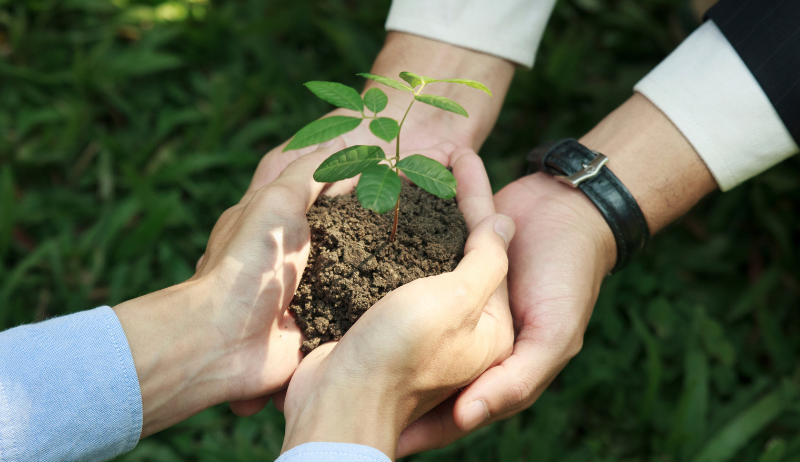Sustainable Fishing Practices: How Indonesia's Skipjack Tuna Industry is Embracing Environmental Responsibility
December 10, 2024

The Rise of Eco-Conscious Fishing in Indonesia's Waters
Indonesia's skipjack tuna industry is undergoing a remarkable transformation, setting new standards for sustainable fishing practices in Southeast Asia. As the world's largest archipelagic nation, Indonesia's commitment to ocean conservation while maintaining its position as a leading seafood exporter demonstrates how traditional fishing practices can evolve to meet modern environmental challenges.
Understanding the Impact of Traditional Fishing Methods
For generations, Indonesia's fishing communities have relied on skipjack tuna as a primary source of income. However, traditional fishing methods often resulted in:
- Excessive bycatch affecting marine ecosystems
- Overfishing in certain regions
- Limited traceability in the supply chain
Revolutionary Changes in Fishing Practices
1. Implementation of Pole-and-Line Fishing
Indonesian fisheries are increasingly adopting pole-and-line fishing techniques, considered one of the most sustainable methods for catching skipjack tuna. This traditional yet effective approach:
- Minimizes bycatch of other marine species
- Reduces damage to coral reefs and ocean floor ecosystems
- Ensures higher quality catch through individual fish handling
2. Advanced Monitoring Systems
Modern technology plays a crucial role in sustainable fishing practices:
- Vessel Monitoring Systems (VMS) track fishing activities in real-time
- Electronic logbooks maintain detailed catch records
- Satellite monitoring prevents illegal fishing activities
Meeting International Standards
Key Certifications
Indonesian skipjack tuna processors are actively pursuing and maintaining crucial certifications:
- Marine Stewardship Council (MSC) certification
- Friend of the Sea certification
- HACCP compliance
- ISO 22000:2018 food safety management systems
Traceability Initiatives
The implementation of comprehensive traceability systems ensures:
- Complete documentation from catch to export
- QR code tracking for end-consumer transparency
- Blockchain technology integration for supply chain verification
Economic Benefits of Sustainable Practices
Market Access and Premium Pricing
Sustainable fishing practices have opened doors to:
- Premium markets in Europe and North America
- Higher price points for certified products
- Long-term supply contracts with international buyers
Community Development
The transition to sustainable practices has led to:
- Improved working conditions for local fishermen
- Higher income potential through value-added products
- Investment in local processing facilities
Environmental Impact and Conservation Efforts
Marine Ecosystem Protection
Sustainable fishing practices contribute to:
- Maintaining healthy tuna populations
- Protecting endangered marine species
- Preserving coral reef ecosystems
Climate Change Considerations
The industry is addressing climate change through:
- Reduced carbon emissions from fishing vessels
- Energy-efficient processing facilities
- Sustainable packaging initiatives
Future Outlook
Innovation and Technology
The Indonesian skipjack tuna industry continues to evolve through:
- Research into more efficient fishing methods
- Development of eco-friendly processing techniques
- Implementation of AI-driven sustainability monitoring
International Collaboration
Partnerships are being strengthened with:
- Regional fishery management organizations
- Environmental NGOs
- International research institutions
Conclusion
Indonesia's skipjack tuna industry serves as a model for sustainable fishing practices in developing nations. By balancing environmental responsibility with economic growth, the sector demonstrates how traditional fishing communities can thrive while protecting marine resources for future generations.

 English
English Chinese
Chinese